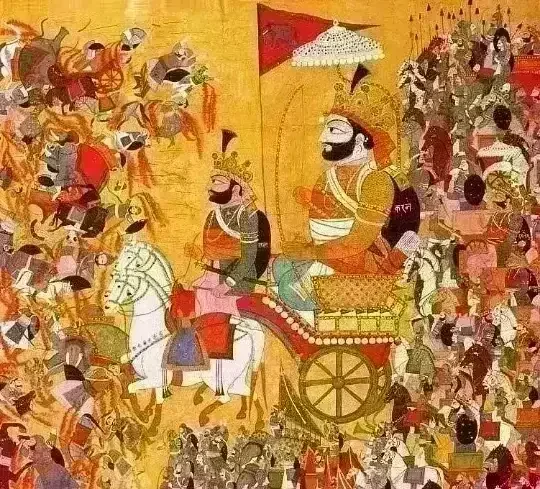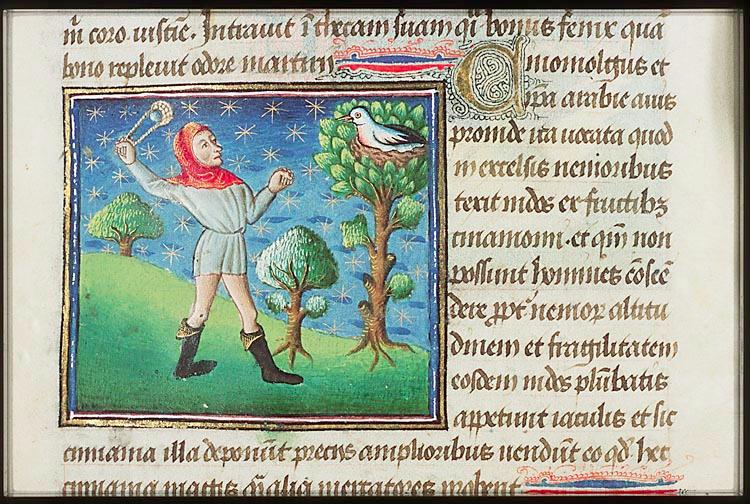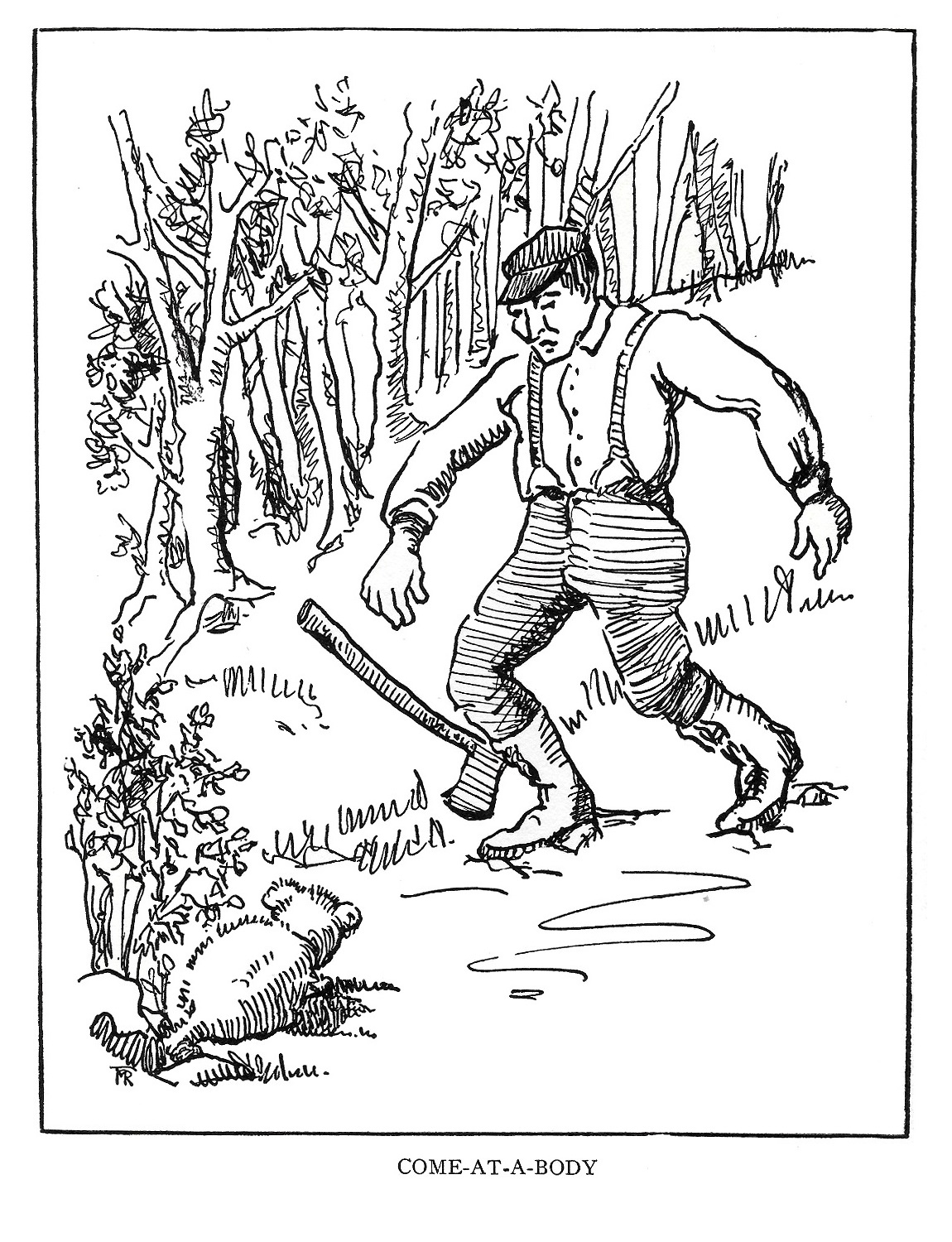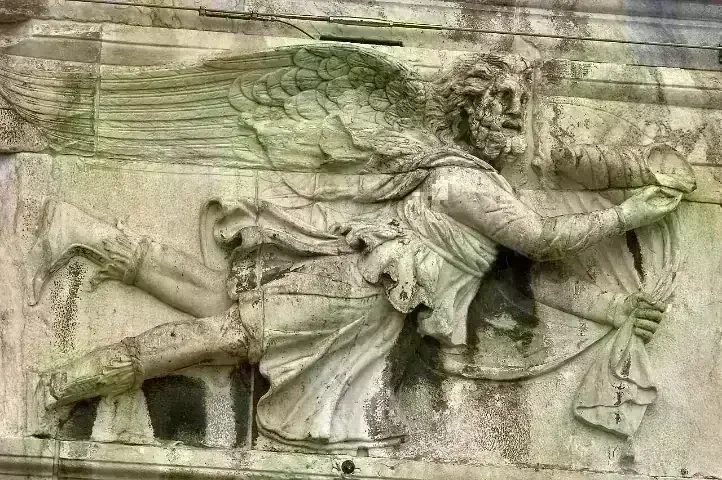Karna

Karna stands as one of the most complex and tragic figures in the Hindu epic *Mahābhārata*. Born to princess Kunti and the Sun god Surya, he entered the world through divine blessing but was set adrift on the Ganges as an infant when his young, unmarried mother feared social condemnation. Found floating in a basket, he was adopted by Radha and Adhiratha Nandana, a charioteer couple serving King Dhritarashtra, and grew up unaware of his royal and divine heritage.
Despite his humble upbringing, Karna developed into a warrior of extraordinary skill and a gifted orator. His loyalty and friendship with Duryodhana proved unwavering, leading to his appointment as king of Anga. This alliance ultimately placed him in opposition to his own blood brothers, the Pandavas, in the great Kurukshetra war - a truth he discovered only after meeting his biological mother late in life.
Karna's character embodies Aristotle's concept of the "flawed good man" - a tragic hero whose virtues and failings intertwine to shape his destiny. Though rejected by those who should have embraced him, he remained capable of deep loyalty and sacrifice. His story raises profound questions about duty (*dharma*), morality, and the complex bonds of family and friendship. These themes have inspired countless artistic works throughout India and Southeast Asia, from poetry to dramatic performances.
Local tradition credits Karna with founding the city of Karnal in modern-day Haryana, further cementing his legacy in Indian cultural memory.


